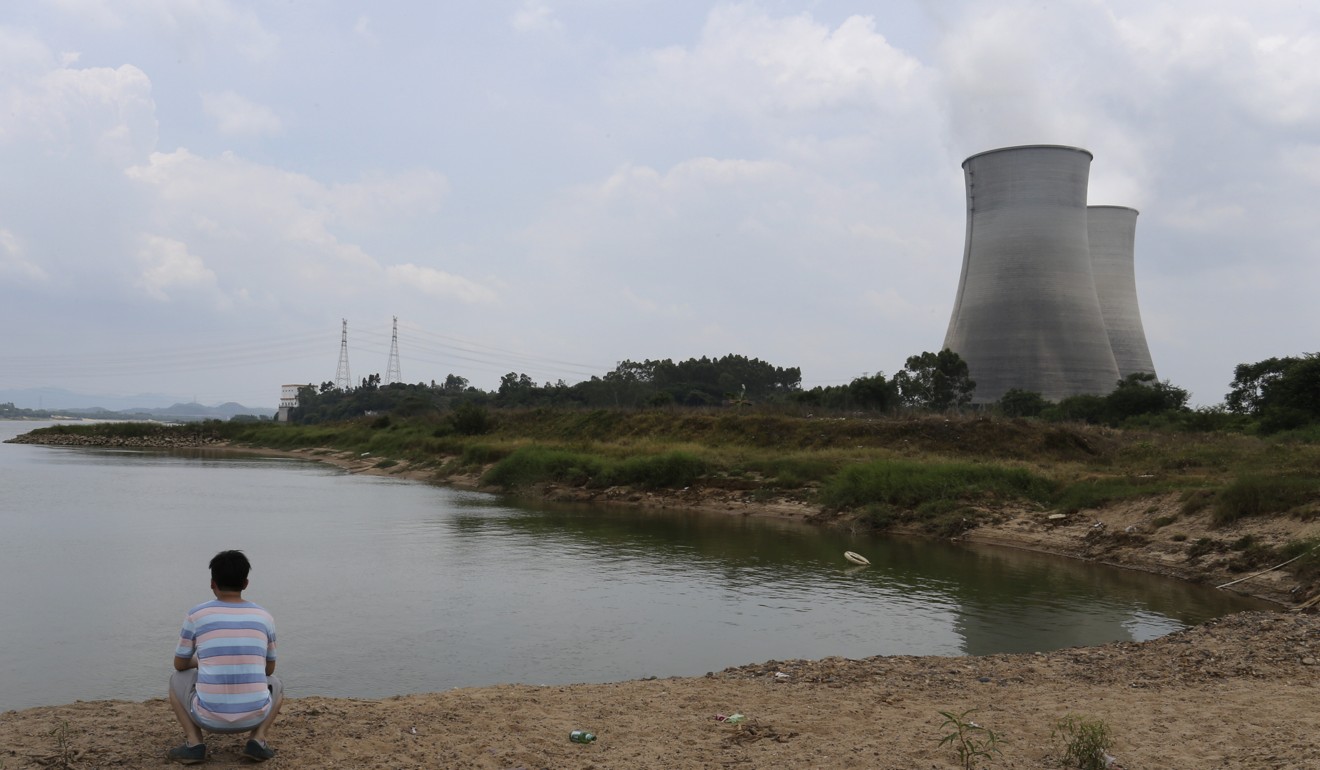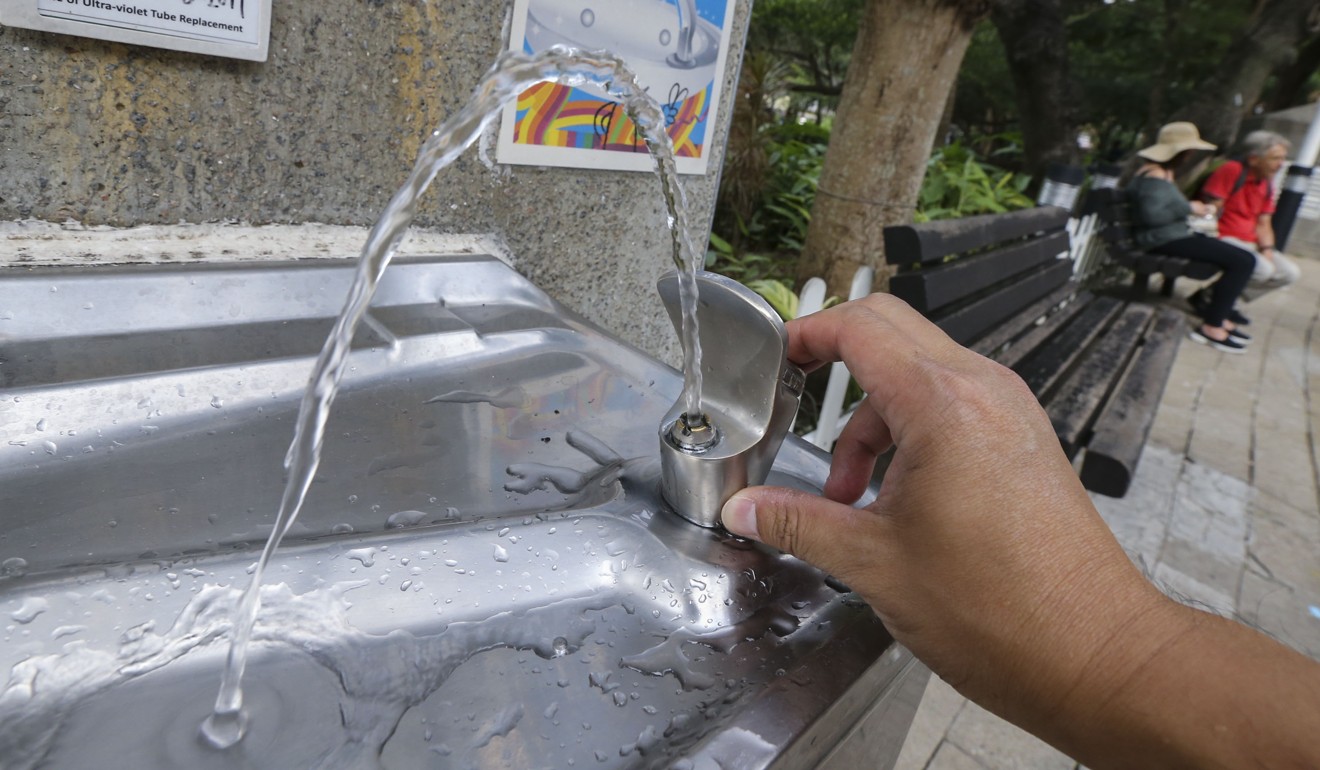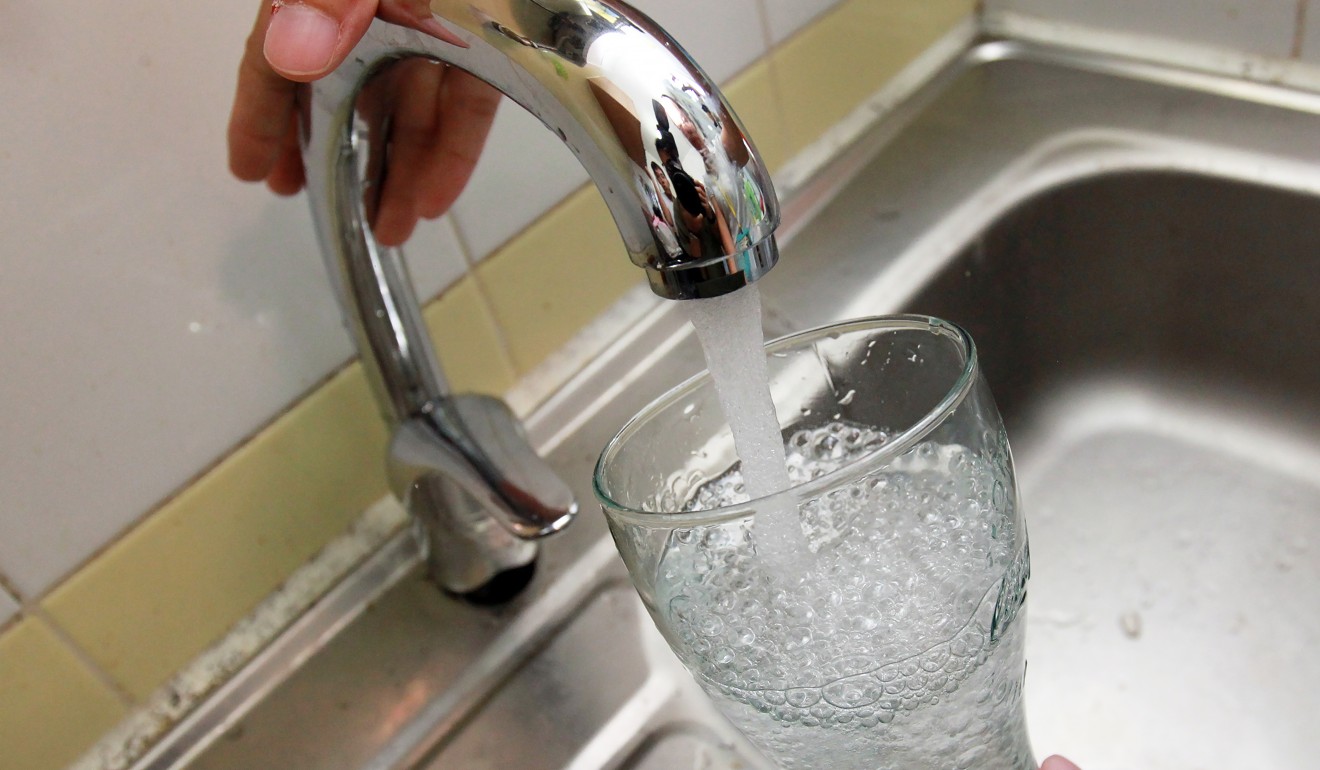
Hong Kong must raise the value it places on water to tackle runaway consumption, Dutch envoy says
Special envoy for international water affairs Henk Ovink says city must face up to coming challenges
Water use will be the most immediate environmental challenge after climate change for Pearl River Delta cities, with Hongkongers using twice as much per capita as the rest of the world, the Netherlands’ top representative for international water issues says.
For Hong Kong, one of the world’s most intense users, it will require maintaining the quality of water coming out of taps, accounting for leakages in the supply system and investing in more sustainable ways of capturing and reusing water while reducing consumption, Henk Ovink said.
On a recent visit to Hong Kong, the kingdom’s first special envoy for international water affairs said the city needed to raise the value it placed on the natural resource.
“What you pay for your water is actually at the bottom of the list in the world,” he said. “Hong Kong uses twice as much per capita as the rest of the world on average, and tops the list in terms of leakages when it comes to infrastructure.”

According to data from the city’s Water Supplies Department, direct water usage in Hong Kong has risen 17 per cent per person over the past two decades. At 220 litres of water a day in 2014, including the seawater used for toilet flushing, per capita water consumption is double the world average of 110 litres.
It is estimated each Hongkonger has a water footprint of about 1,700 cubic metres per year – half of which is attributable to meat consumption. That is about 20 per cent higher than the world average.
Per capita, the city pays just US$33 per 100 cubic metres of water compared to London’s US$258, Tokyo’s US$141 and Seoul’s US$53.
How Hong Kong built reservoir to double its water storage, with rationing still a recent memory
About 30 per cent of fresh water went unmetered between 2006 and 2016 due to reasons such as leaks in water mains, unauthorised water consumption and inaccurate metering.
“It doesn’t mean you can’t have subsidies for vulnerable communities, but it does mean you put the right value on every drop, and that every drop counts for society as a whole in times of climate change, when water provision can become scarcer,” Ovink said.

Hong Kong gets 80 per cent of its water from the Dongjiang, a river running through Guangdong. But more than half a dozen other cities home to more than 40 million people also depend on it.
Local authorities are exploring other sources of supply. One is desalination. Ovink, however, said this should not be the only way out.
Hong Kong needs a long-term vision for responsible water use
“Not to say desalination is not part of the game, but it in itself is a one dimensional solution. It demands huge amounts of energy these days and the brine itself has to go somewhere,” he said.
Construction on a HK$9.3 billion (US$1.19 billion) reverse osmosis seawater desalination plant in Tseung Kwan O is expected to commence next year.
Ovink was appointed to his position in 2015, tasked with contributing to and boosting the international market position of Dutch expertise in water management.

A quarter of Holland is below sea level, 29 per cent is above, and 60 per cent is flood-prone. Its first water authority was set up in the 12th century and began collecting taxes on a regional scale to secure water for communities, according to Ovink.
Like the Netherlands, which is also located in a delta, Ovink said climate change would pose a challenge to many heavily urbanised delta cities in Asia such as Hong Kong.
“Rain events are becoming more extreme, there are longer periods of drought and higher temperatures. Soil is sinking, water is more saline along the coast,” he said.
“If we assess the world and what assets are at risk, it’s Asia, Southeast Asia, the east coast of the United States and the Netherlands.”
The Water Supplies Department said a study to review the city’s existing “Total Water Management Strategy” would be complete this year.
The review is evaluating its effectiveness, forecasting long-term water demand and supply up to 2040, seeking new water management initiatives and adjustments to existing measures where necessary, and formulating a new strategy.
Construction work for the desalination plant was expected to begin in the first quarter of next year and be complete by the third quarter of 2022, the department said.

